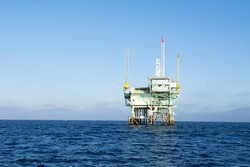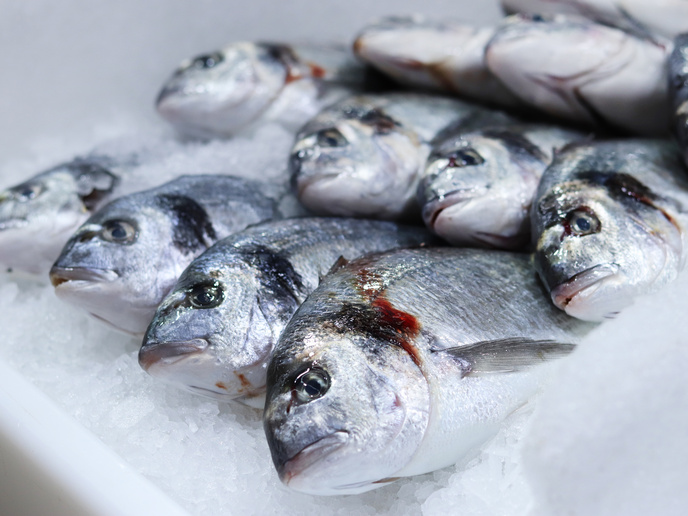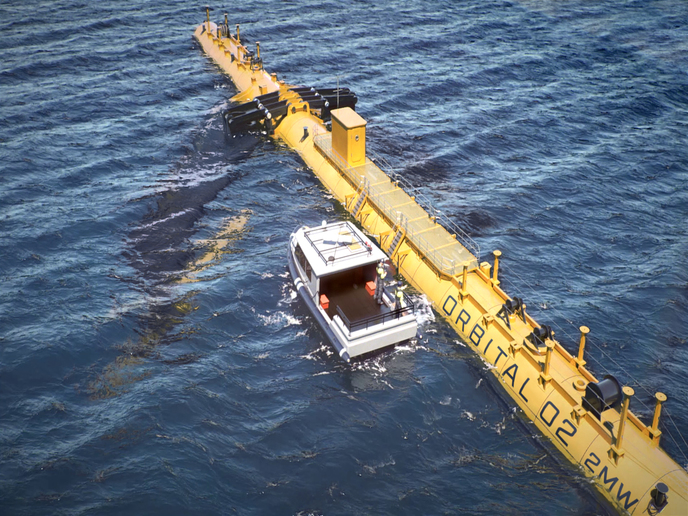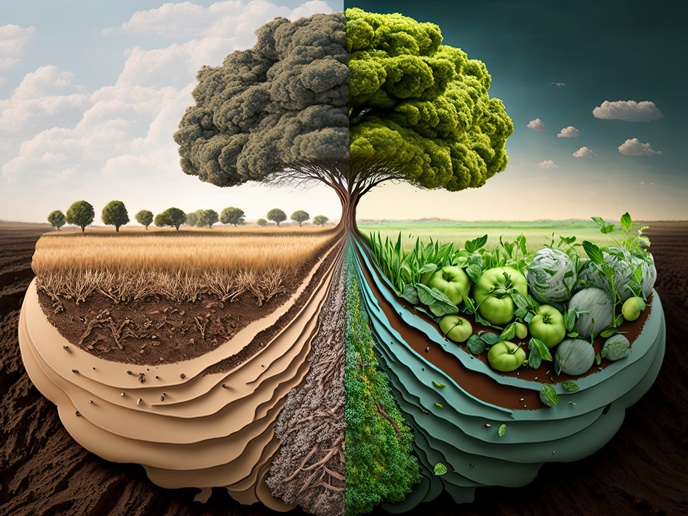The way ahead for offshore platforms
The MERMAID(opens in new window) (Innovative multi-purpose off-shore platforms: Planning, design and operation) project has been developing the next generation of offshore platforms, which will maximise the use of ocean space. The different partners comprised universities, research institutes, industry and small and medium-sized enterprises (SMEs). The consortium tested design concepts in four test sites in the Atlantic Ocean, Baltic Sea, the Mediterranean and the southern North Sea / Wadden Sea that experience different environmental, social and economic conditions. The results were used to create a verified procedure for selecting the most appropriate design options for a given off-shore area. Project partners developed new concepts, including the combining of structures for energy extraction, aquaculture and platform-related transport. They also investigated the accumulated effects of large-scale structures on the environment and the best strategies for their installation, operation and maintenance. Guidelines were developed for the safe management of MUPs using an innovative multidisciplinary and cross-sector approach based on existing production platforms to sustainably use Europe's seas. Stakeholders from each of the four selected sites helped clarify the most important issues regarding technical, environmental and socioeconomic analyses. An initial layout for the MUPs was developed that included gravity-based foundations for offshore turbines combined with fish cages for aquaculture. Algae production was also considered for the North Sea site. An assessment of the conditions for each of the sites was carried out using wind, wave, tidal and other environmental data. Additional information was collated on social perception and on current policy management and planning strategies. MERMAID also investigated the accumulated impacts of large-scale offshore structures by studying how they interact with waves, currents and the sea bed, as well as mixing and dispersion processes. The results are of value to designers, manufacturers and contractors. Researchers also created a decision support system for transport infrastructure and the economic and environmental feasibility of MUPs. The project will help to ensure the best use of ocean space through effective planning and legislation and the understanding of the requirements of the different industries involved. Therefore, the environment friendly and cost-efficient use of ocean space for a range of purposes will be beneficial to European societies.







